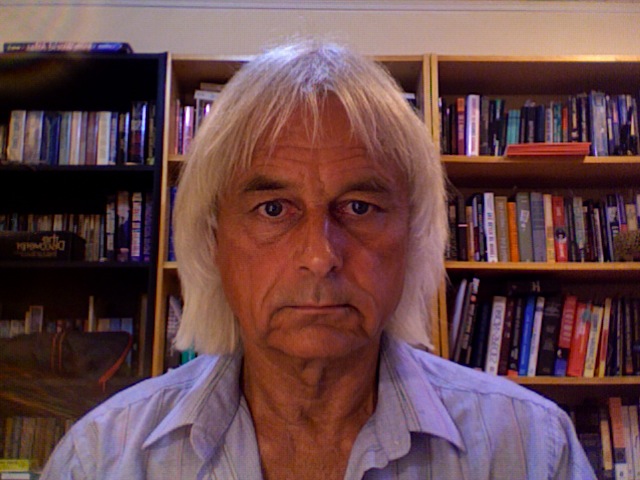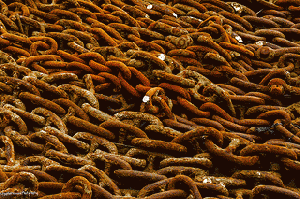The Great Unbinding Part 3.2
In his speeches among the upper echelons of finance and monetary and fiscal policymaking, British Lord Adair Turner -- former chairman of the United Kingdom's Financial Services Authority; former member of the UK's Financial Policy Committee; and present Chairman of the Institute for New Economic Thinking -- cites Milton Friedman's 1948 paper, A Monetary and Fiscal Framework for Economic Stability.
Turner advocates "the policy that dare not speak its name": overt money funding of government deficit spending. Which -- for Turner's mainly conservative audiences -- is a less stroke-inducing way of saying "government issuance of its own deficit spending money". But that's what it means.
Turner wants to save the financial system from itself, not tear it down and radically reconfigure it. I agree. He is not advocating conversion of ALL bank-issued credit to government-issued money. He simply understands money arithmetic (macroeconomics), and knows that SOME government/central bank money issuance is the only kind of "solution" that can actually, you know, work.
Turner is advocating issuance of overt (net positive) money to solve the present financial crisis. There is a dirt simple arithmetic solution. By issuing newly created non-repayable central bank money and giving it as outright grants to debtors (or giving equal amounts to everybody, so you "include" debtors), the debts become "payable" and the credits become "collectable". Crisis resolved.
Turner is not advocating wholesale conversion of bank credit-money to sovereign money. He advocates adding overt money as a critically necessary tweak, a monetary-fiscal means to resolve the credit-debt imbalances that are presently binding the financial world in a Mexican standoff between irate creditors and flat broke debtors.
Deep within the heart of monetary orthodoxy, Turner is calming terrors, opening eyes and opening minds. You can read his 2013 address to the Cass Business School, titled Debt, Money and Mephistopheles: How Do We Get Out Of This Mess? here,
www.fsa.gov.uk/static/pubs/speeches/0206-at.pdf
When the Fed bought bonds and MBS from the banks under QE (as the ECB, the B of E, B of J, and other central banks are still doing), the central bank was replacing commercial banks' holdings of debt-assets with bank holdings of cash assets. The Fed was cashing up the banks, deleveraging them. More of this needs to be done. But the commercial banks should not be the direct recipients of central bank cash injections.
US banks are now holding trillions of dollars of "excess reserves". They are only "excess" because they are more than is needed to satisfy interbank reserve account payments and customer cash withdrawals. Commercial banks don't lend their cash or reserves. Banks only lend newly issued bank deposits: credit-money.
Vault cash pays no interest, and it was only recently that the Fed began paying minimal interest on reserve account balances (equivalent to cash money). From a banker perspective, cash is a non-performing asset. You earn no interest from holding cash assets. You earn interest by holding interest-bearing debt as your assets.
During the next shudder of the ongoing global financial paroxysm, those excess reserves will be the money assets that save US banks from illiquidity-cum-insolvency. Banks that have plenty of actual "money" in reserve can survive a hard "run" on the banks. QE removed the "troubled assets" from commercial bank balance sheets and replaced them with "money".
Now that commercial bank balance sheets have been fortified with money, it's time for the next phase of QE: using the central bank's money-issuing power to deleverage the impossibly indebted governments and households. Central banks are a "public institution", after all. Not the exclusive property of the commercial banks. The institutional role of central banks is to ensure that the money system serves everybody's monetary and fiscal needs, not just the balance sheet needs of commercial banks.
(Note: You can view every article as one long page if you sign up as an Advocate Member, or higher).






